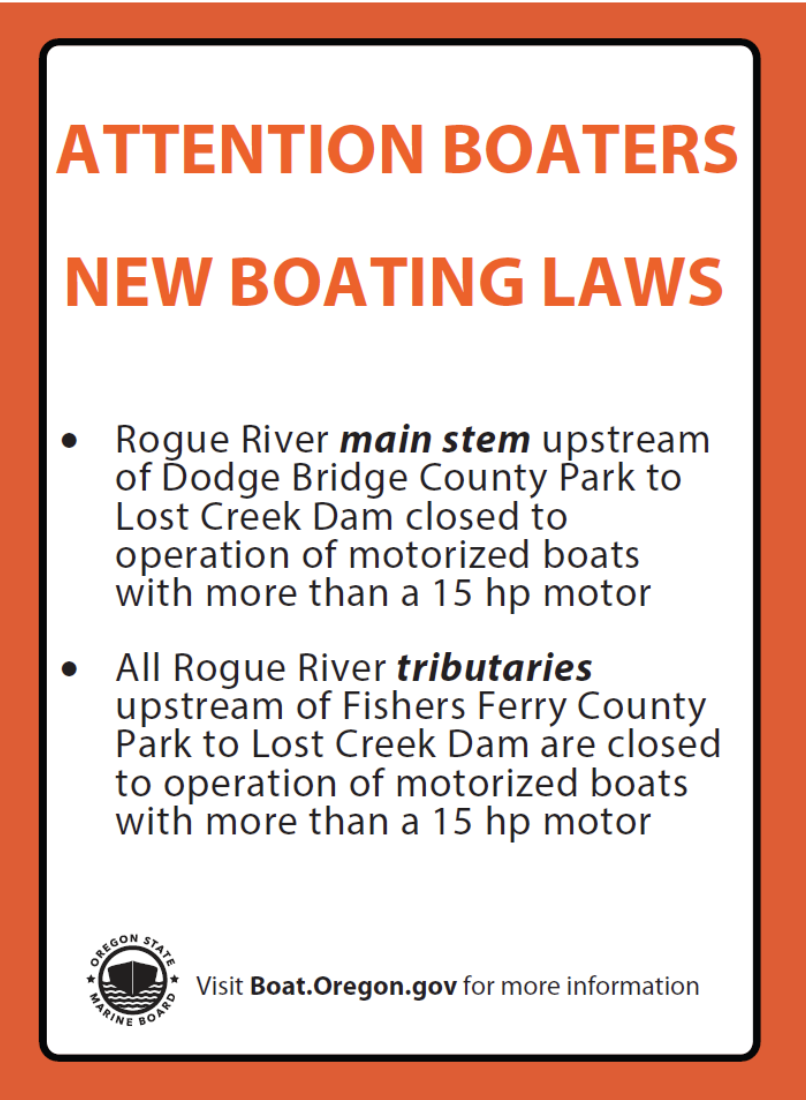The journey from a novice rower to a seasoned athlete is a challenging yet incredibly rewarding one, and at the heart of this transformation lies effective rowing coaching. This isn’t merely about having someone yell instructions from a launch boat; it’s a sophisticated partnership designed to unlock your full potential on the water. Great coaching focuses on holistic development, blending meticulous technique refinement with robust physical training and sharp mental conditioning. It’s the secret ingredient that turns raw effort into elegant speed and helps formulate a winning race strategy. For those looking to master the art of propelling a boat through water, whether in a single scull or a larger team boat, a coach is your most valuable asset.

What Exactly Does a Rowing Coach Do?
Many people picture a rowing coach as a figure with a megaphone, simply correcting posture. While that is a small part of the job, the role is far more comprehensive. A coach is an analyst, a strategist, a motivator, and a mentor all rolled into one. They are responsible for designing long-term training plans that systematically build an athlete’s strength and endurance, carefully planning cycles of intensity and recovery to achieve peak performance at the right time, like for a major regatta.
Beyond the physical, a coach is a keen observer of biomechanics. They spend hours analyzing your stroke, identifying the subtle inefficiencies that are invisible to the untrained eye. They break down the complex motion into its core components—the catch, the drive, the finish, and the recovery—and provide targeted drills to improve each phase. This detailed feedback is what separates good rowers from great ones, transforming a clunky, effort-filled stroke into a smooth, powerful, and efficient one.

Finding the Right Rowing Coaching for You
The world of rowing coaching is not one-size-fits-all. The right fit depends entirely on your current skill level, goals, and commitment. For beginners, joining a local club is often the best starting point. Club coaches are adept at teaching the fundamentals in a supportive group environment, ensuring you build a solid foundation of safety and technique. This setting also provides invaluable experience in team boats, fostering communication and synchronicity.
For intermediate or advanced rowers with specific ambitions, such as winning a championship or earning a college scholarship, private coaching can be a game-changer. A private coach offers one-on-one attention, creating a hyper-personalized training regimen tailored to your unique physiology and goals. They can utilize advanced video analysis and data tracking to fine-tune your performance. The rise of digital platforms has also introduced online coaching, which offers flexibility and access to elite coaches from anywhere in the world, often at a more accessible price point.
“The biggest mistake athletes make is believing that more is always better,” notes Dr. Alistair Finch, a renowned sports scientist and former Olympic rowing coach. “A great coach knows that strategic rest and recovery are just as crucial as the hardest training sessions. It’s about training smarter, not just harder.”
The Core Components of Effective Rowing Coaching
Exceptional rowing coaching is built on several key pillars that work in harmony to develop a complete athlete. It’s an intricate balance of art and science, requiring a deep understanding of both the human body and the dynamics of a boat moving through water. The aim is to create a rower who is not only powerful but also technically proficient and mentally tough.
Mastering the Stroke: Technique Refinement
Technique is the bedrock of rowing. Without it, power is wasted, and the risk of injury increases. A coach’s primary function is to instill flawless form. They focus on creating a strong connection at the catch, ensuring the blade enters the water cleanly without disrupting the boat’s momentum. They then guide the athlete through a powerful, leg-driven drive, sequencing the use of legs, back, and arms for maximum leverage. The journey of becoming one of the world’s professional rowers is paved with countless hours of such technical drills.
The finish and recovery are equally critical. The coach teaches how to extract the blade cleanly and manage the body’s movement back up the slide to prepare for the next stroke, all while maintaining the boat’s balance and run. This process involves constant feedback and a variety of drills designed to isolate and correct specific flaws. These principles of fluid motion are universal, applying to every vessel, from a single scull to a larger eight-person bateau pour aviron, as it’s known in French rowing circles.
Building the Engine: Physical Conditioning
While technique is king, you still need a powerful engine to drive the boat. A comprehensive coaching program extends far beyond the water. It includes a structured land-based training plan centered around the rowing machine (ergometer), weight training, and cardiovascular cross-training.
The ergometer is a vital tool for building raw power and measuring progress. Coaches use it to conduct fitness tests and prescribe specific workouts targeting different energy systems. Weight training focuses on developing core strength and powerful legs, the primary movers in the rowing stroke. Cross-training activities like cycling or running help build aerobic capacity without the repetitive strain of rowing, preventing burnout and overuse injuries. For athletes to perform at their best, they need easy access to the water, which highlights the importance of well-designed rowing docks that facilitate safe and efficient launching.
The Mental Game: Fostering Resilience and Focus
Rowing is as much a mental battle as it is a physical one. The pain of a 2,000-meter race is intense, and the ability to push through that barrier is what defines a competitor. A skilled coach acts as a sports psychologist, equipping athletes with the mental tools to handle pressure, stay focused during grueling workouts, and maintain confidence on race day. They cultivate a growth mindset, teaching rowers to view challenges as opportunities and to remain resilient in the face of setbacks. This mental fortitude is often the deciding factor in a close race.
How Does Coaching Prepare You for Race Day?
All the training culminates in one thing: performance on race day. A coach’s role in this final phase is to create a clear and effective race strategy. This involves analyzing the competition, understanding the course conditions, and developing a plan that plays to the rower’s or crew’s strengths. This might involve a blistering start, a powerful middle-thousand meters, or a perfectly timed final sprint.
According to Dr. Finch, “A race plan gives an athlete control in a chaotic environment. It’s not a rigid script, but a framework. It tells you what to focus on at each stage of the race, so when your body is screaming, your mind has a clear task. That clarity is power.”
The coach also manages the pre-race warm-up, ensuring the athlete is physically primed and mentally calm. They provide the final words of encouragement, reinforcing the crew’s confidence and focus just before they launch from the rowing dock. This strategic and psychological preparation is often the unseen element that leads to a podium finish.
The Tools of the Trade in Modern Coaching
Rowing coaching has evolved significantly with technology. While the coach’s eye remains indispensable, a suite of new tools provides data-driven insights that were once impossible to obtain. Telemetry systems like Coxmate or NK Empower Oarlocks measure every aspect of the stroke in real-time, including power application, stroke length, and peak force. This data allows a coach to provide immediate, objective feedback.
Video analysis is another powerful tool. Using cameras mounted on the boat or a drone, coaches can record sessions and review them frame-by-frame with the athlete, visually highlighting areas for technical improvement. This blend of traditional observation and modern data analytics is shaping the future of the sport.
| Feature | Traditional Coaching | Tech-Enhanced Coaching |
|---|---|---|
| Feedback | Verbal, on-the-water, post-session | Real-time data, immediate video playback |
| Analysis | Based on coach’s eye and experience | Backed by biomechanical data and stroke metrics |
| Accessibility | Limited to in-person sessions | Allows for remote analysis and online coaching |
| Progression Tracking | Subjective, based on speed and feel | Objective, with measurable data points over time |
Can Online Rowing Coaching Really Work?
For many, the idea of remote coaching in a sport as technical as rowing might seem counterintuitive. However, it has proven to be a highly effective model, especially for self-motivated athletes. Online coaches use video submissions to analyze technique and provide detailed feedback. They design comprehensive training plans delivered through apps and regularly check in via video calls. This model offers incredible flexibility and access to world-class coaching talent, regardless of your geographical location. While it can’t replace the immediate feedback of an in-person coach in a launch, it’s a powerful supplement and a viable primary option for many rowers.
Ultimately, the goal of all rowing coaching is to empower the athlete. It’s a collaborative process of setting goals, pushing boundaries, and celebrating progress. A good coach doesn’t just create a faster rower; they build a more resilient, disciplined, and confident individual, imparting lessons that extend far beyond the finish line. Whether you are just picking up an oar for the first time or are chasing an Olympic dream, investing in quality coaching is the single most effective step you can take to elevate your journey in this incredible sport.
Reviews
Eleanor Vance
★★★★★
I joined my local club six months ago with zero experience, and the coaching has been phenomenal. The coaches are patient, knowledgeable, and create a really encouraging atmosphere. They broke down the stroke in a way that finally clicked for me. I never thought I’d be competing in a regatta, but thanks to them, I’m racing next month!
Marcus Thorne
★★★★☆
I’ve been rowing for years and recently hired a private coach to help me break a plateau with my erg score. The personalized attention and data analysis were a game-changer. My only critique is the cost, which is significant, but the results speak for themselves. My technique has improved more in three months than it did in the last three years.
Sofia Chen
★★★★★
My daughter started in a junior rowing program, and the coaching staff is top-notch. They focus not just on technique but also on teamwork, discipline, and sportsmanship. They know how to push the kids to be their best while making sure they still have fun. I’m so impressed with the positive impact it’s had on her.
David O’Malley
★★★★☆
I’ve been using an online rowing coaching service due to my work schedule. I was skeptical at first, but it’s been surprisingly effective. I send in videos of my sessions on the water and the erg, and I get back incredibly detailed feedback and drills. It requires a lot of self-discipline, but the flexibility is unbeatable.
Priya Sharma
★★★★★
The head coach at our masters club is a true master of the sport. He has an incredible eye for detail and can spot a technical flaw from a mile away. He’s helped our crew find a level of synchronicity and speed we didn’t think was possible. His passion for rowing is infectious.


